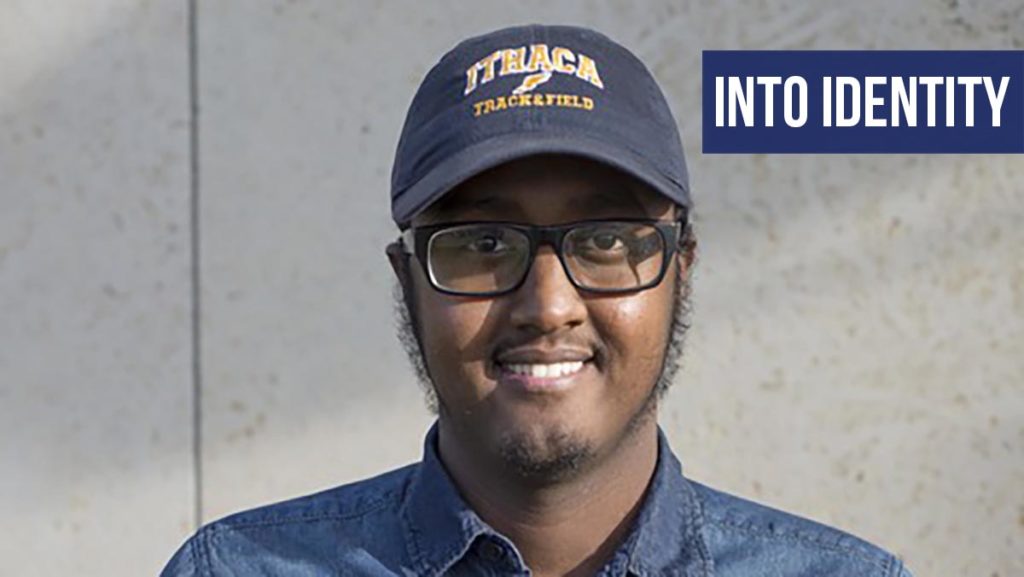The term “person of color” has long confused me. Not in terms of definition, but rather who falls under that category in the U.S. The obvious answers, of course, are the black or African-American and Hispanic or Latino populations because they are the two largest ethnic minority groups in the U.S.
From “colored” to “minority” to “person of color,” the terminology used for those who are not white in the U.S. has evolved to be more inclusive. A simple definition for “person of color” provided by the Oxford University Press dictionary is “a person who is not white or of European parentage.” In theory, POC should be a straightforward, all-encompassing term for anyone who isn’t white in the U.S., but I’m often hesitant to publicly identify as a person of color.
Throughout my life, I have been told time and time again that Asians are not considered people of color. Or even worse, I’ve been told that Asians are “the new white people.” I’m obviously not white, but based on these ignorant statements, if I’m not a person of color, and I’m not white, then what am I?
I recently came across an NPR article written by Lindsey Yoo, social media coordinator for a website called Filthy Freedom, which is dedicated to publishing content on race, sexuality and culture. Yoo, who is Korean-American, posed two excellent questions in her article: “When people say ‘women of color,’ am I included in that equation, or does it not apply to Asian-American women?” and “Do people really want to hear from someone who looks like me when they engage in conversations about racial justice?”
Yoo’s pressing questions are things I’ve asked myself countless times. My — and Yoo’s — hesitance to participate in conversations regarding race and ethnicity issues comes from the notion that I — and everyone else around me — don’t know where I belong, a sentiment Yoo echoes in her article. I often find myself in the midst of conversations about racial injustice with other people of color and never know if my input, opinions and personal experiences with racism are valid. Yoo provides an anecdote from her college career where she wanted to include perspectives of Asian-Americans in studies for her sociology class. Some professors simply told her to look at statistics on white people. What a slap to the face.
Comments similar to those of Yoo’s professors and those who have told me that Asians are the new white people are reason and proof enough that Asians are qualified to speak of racial injustice when we are constantly brushed off as not being people of color and classified as white. So yes, Asians are definitely people of color and shouldn’t hesitate to participate in conversations regarding race when our identity is often swept under the rug.





